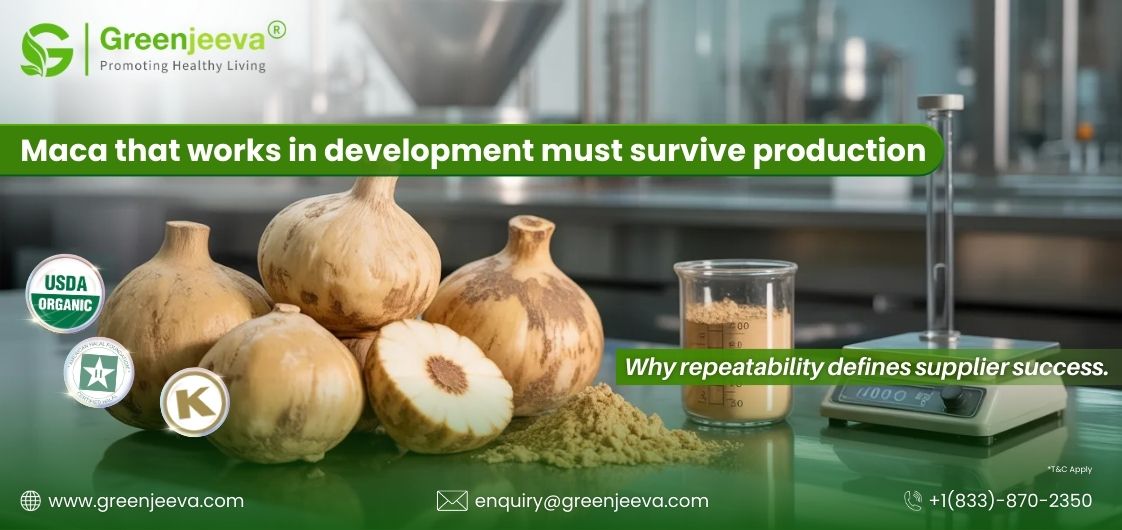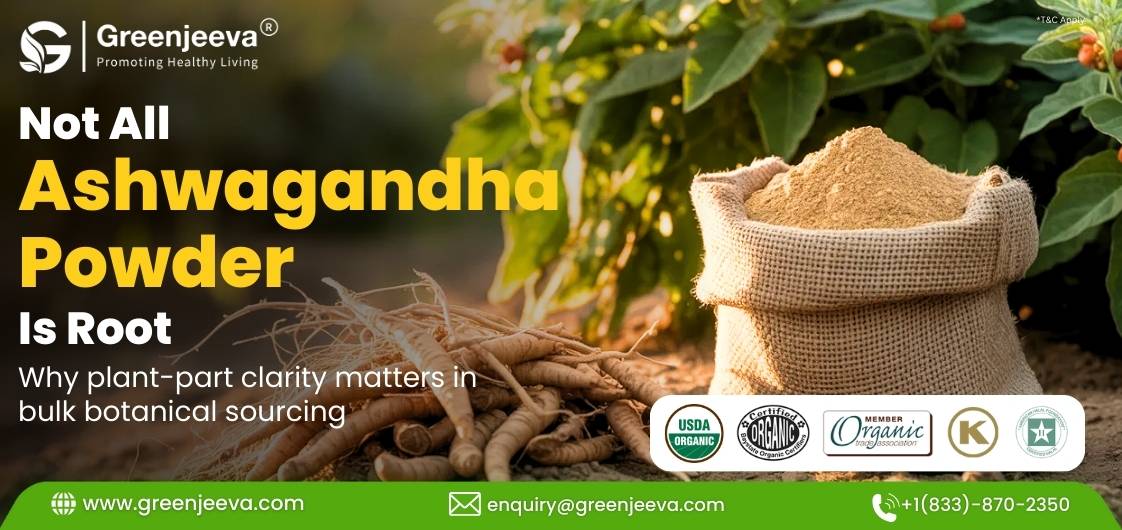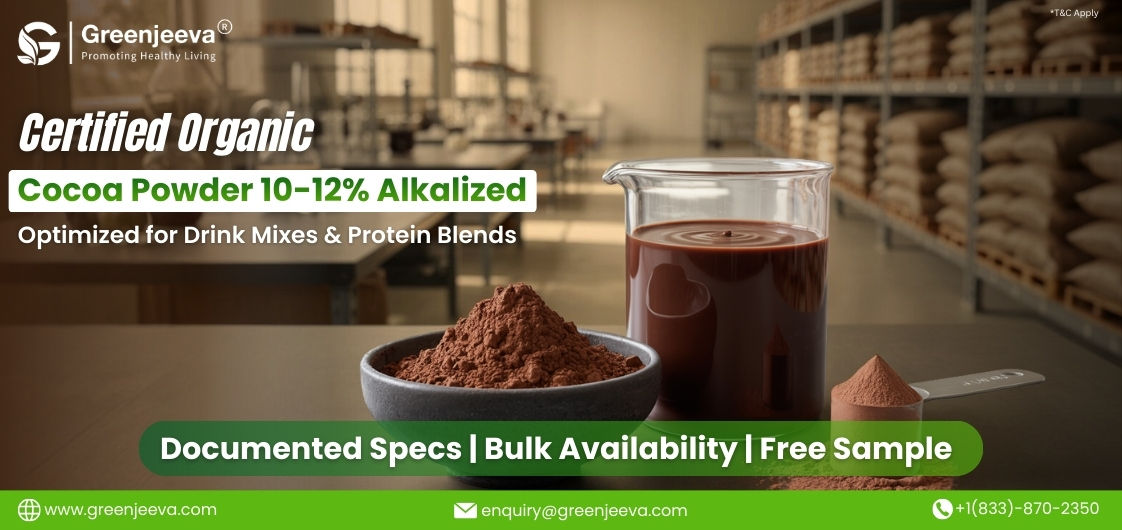Quinoa: Types, Fascinating Facts, and Nutritional Comparison

Overview
Originated in the Andean region of South America, Quinoa is an edible seed that has been labeled as a whole grain. It is a superfood loaded with fiber, protein, fatty acids, vitamins, and minerals. Due to these nutrient combinations, quinoa is used in various healthy meals. It has a fluffy texture and a nutty flavor like brown rice. There are different varieties of quinoa seeds, including red, green, purple, yellow, black, orange, and many others. All these types have high nutritional value and a similar protein content as animal-based foods. Read further to know about quinoa types, facts, and comparison with other grains.
Types of Quinoa
More than 120 quinoa varieties are present all across the globe. They come in multiple colors, but the most commonly available ones are white, black, and red. These types of quinoa are explained in detail below.
1. White Quinoa:
Also known as ivory or golden quinoa, these seeds are the most popular ones of all. When cooked, the seeds become fluffy and chewy, which many consider as a good replacement for rice. They are a great source of fiber, iron, and amino acids.
2. Red Quinoa:
These are flat and crunchy quinoa seeds with a red hue. It has a high amount of vitamin C, potassium, copper, magnesium, phosphorus, protein, and fiber. There are many quinoa recipes like salads, porridge, baked goods, etc., that are made with this quinoa.
3. Black Quinoa:
These quinoa seeds have a dark color and an earthy flavor. They are also a little bit sweeter than other quinoa varieties. It is quite low in fat but has high fiber and protein content. These are crunchy, translucent, and maintain the same color even after cooking.
Surprising Facts About Quinoa
- Quinoa is a seed, but considered a whole grain and classified as a pseudocereal.
- It is a complete protein containing all nine essential amino acids, which makes quinoa an excellent vegan protein option.
- Quinoa seeds have a substantial amount of complex carbohydrates, but the fat content is low.
- As a gluten-free food, quinoa seeds are finely powdered to make pasta, cookies, pancakes, etc.
- Quinoa powder is also used as a thickening agent in sauces and soups.
- Rich in amino acids, quinoa is one of the main ingredients in shampoos and conditioners.
Quinoa Vs. Other Grains
Quinoa is not actually a grain, but it has more nutrients than many grains. Also, people with gluten sensitivity opt for quinoa instead of other grains. Based on the nutrients, here are some head-to-head comparisons between quinoa and different other grains.
1. Quinoa Vs. Rice:
People like to eat rice for its taste and texture, but quinoa also offers a similar texture with much high nutritional value. Quinoa protein and fiber content are also higher, but it contains fewer calories than rice. These seeds are richer in minerals like iron, potassium, zinc, phosphorus, and manganese in comparison to rice.
2. Quinoa Vs. Oats:
Both quinoa and oats are considered grains without gluten. But oats are more prone to cross-contamination when grown with barley and wheat. Also, it has a protein called avenin whose amino structure resembles gluten. Oats have less protein, fiber, and carbohydrates compared to quinoa nutrition content.
The Final Words
The fluffy, rich in nutrition quinoa is becoming quite popular around the world. People are understanding its positive impact on health and the nutrients it offers to the body. Quinoa powder’s demand is also rising as food and beverage, pharmaceutical, and cosmetics manufacturers are using it in their products.
If you want to buy Organic Quinoa Powder online visit these websites (Green Jeeva & Jeeva Organic) for affordable and bulk orders.
Also Read: https://www.greenjeeva.com/blog/quinoa-nutrition-b2b-collaborations-food-wellness
Disclaimer:
The above statements are not intended to cure any disease or comply with any health benefits. This is solely for information purposes. Please consult your doctor/health practitioner before consumption of the product. Although we take efforts to keep our website informative, we do not guarantee any medical benefits.






